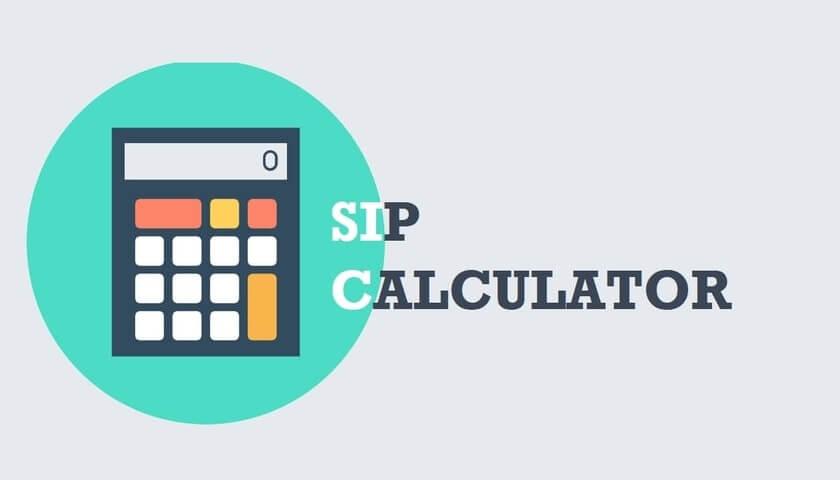Are you planning to purchase your dream home but are worried about the mortgage loan approval process? You are not alone. Applying for a home mortgage loan can be a daunting task, especially if you are not aware of the hidden factors that can affect your application.
Over the years, the process of obtaining to get mortgage loan has become increasingly complex. With strict lending regulations and eligibility criteria, it is imperative that applicants are well-informed and prepared before they begin the application process.
In this article, we will explore some hidden factors that can affect your home mortgage loan application. Additionally, we will provide some tips on how to avoid these roadblocks and streamline your application process.
Hidden Factors that Affect Your Mortgage Loan Application
Credit Score: Your credit score is one of the most critical factors that lenders take into consideration while reviewing your home mortgage loan application. Your credit score is a reflection of your creditworthiness, and it plays a crucial role in determining the interest rate you will be charged on your mortgage loan.
It is essential to have a good credit score before applying for a mortgage loan. Lenders typically require a minimum credit score of 620-640 for conventional mortgages. If your credit score falls below this range, you may have to pay a higher interest rate or put down a larger down payment.
Debt-to-Income Ratio: Another critical factor that can affect your mortgage loan application is your debt-to-income ratio (DTI). Lenders use this ratio to determine how much debt you have compared to your income. A high DTI ratio can be a red flag for lenders, indicating that you may be over-leveraged and have a higher risk of defaulting on your payments.
Ideally, your DTI ratio should be below 43% to qualify for a mortgage loan. However, some lenders may approve loans for borrowers with a higher DTI – up to 50% in some cases. It is crucial to understand that a high DTI ratio will result in a higher interest rate on your loan.
Employment and Income History: Lenders also take into account your employment and income history while evaluating your mortgage loan application. Lenders prefer borrowers who have a stable income source and a steady employment history.
Most lenders require at least two years of employment history and a stable income source. If you are self-employed or have irregular income, you may face additional scrutiny. Be prepared to provide additional documentation, such as tax returns, profit and loss statements, and other financial records, to support your income.
Read Also: Should I Choose an Online Mortgage Loan? Pros and cons of Mortgage Loans
Down Payment: The amount of down payment you put towards your home purchase can also affect your mortgage loan application. A down payment is the amount of money you pay upfront towards your home purchase. A larger down payment typically results in a smaller loan amount, which can make you a more attractive borrower to lenders.
If you are applying for a conventional loan, you will typically need to put down at least 3% of the home purchase price. If you are applying for an FHA loan, you will need to put down at least 3.5%. However, putting down a larger down payment (20% or more) can give you access to lower interest rates and reduce your monthly payments.
Read Also: What Does Loan Against Property Meaning and How Does It Function?
Property Appraisal: Lenders will also require a property appraisal to determine the value of the property you are purchasing. The appraisal helps lenders ensure that the property’s value is at least as much as the loan amount.
If the property appraisal comes in lower than the loan amount, you may have to put down a larger down payment or renegotiate the purchase price with the seller. A low appraisal can also indicate potential issues with the property, such as structural problems or safety issues.
Tips to Improve Your Mortgage Loan Application
Now that you understand some of the factors that can affect your mortgage loan application let’s discuss some tips to help you improve your chances of approval.
Improve Your Credit Score: Your credit score can significantly impact your mortgage loan application. To improve your credit score, make sure you pay your bills on time, keep your credit utilization low, and check your credit report regularly for errors.
Read Also: Discover Top Benefits of Land Area Conversion Calculator Online
Use a Mortgage Loan Calculator: A mortgage loan calculator can help you estimate your monthly payments, interest rate, and total loan amount. Use a mortgage loan calculator to determine how much you can afford to pay for your dream home.
Check Your Debt-to-Income Ratio: Try to reduce your debt-to-income ratio by paying down existing debt or increasing your income. Doing so can improve your chances of approval and help you secure a lower interest rate.
Document Your Employment and Income History: Make sure you have all the necessary documents to support your employment and income history. Be prepared to provide tax returns, pay stubs, and other financial records to your lender to verify your income.
Read Also: Utilise the Land Area Conversion Calculator & Reduce Manual Calculation
Save for a Larger Down Payment: Aim to save as much as you can towards your down payment. A larger down payment can reduce your monthly payments, eliminate the need for mortgage insurance, and improve your chances of approval.
Work with a Mortgage Professional: A mortgage professional can guide you through the mortgage loan application process and help you navigate any challenges you may encounter. They can also provide you with valuable insights into your mortgage loan options and help you find the best loan for your needs.
Conclusion
Applying for a mortgage loan can seem overwhelming, but with the right preparation, you can streamline the process and improve your chances of approval. Remember to focus on improving your credit score, reducing your debt-to-income ratio, and documenting your income and employment history. Additionally, remember to use a mortgage loan calculator to determine how much you can afford to pay. Lastly, work with a mortgage professional who can guide you through the process and help you find the best loan for your needs. Good luck on your journey towards homeownership!






